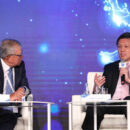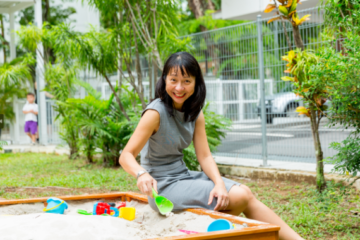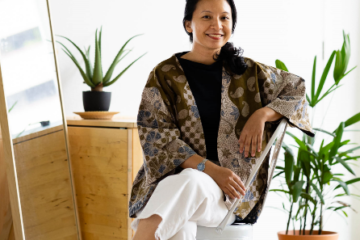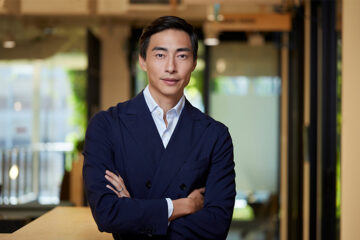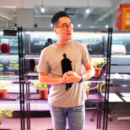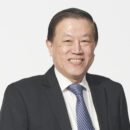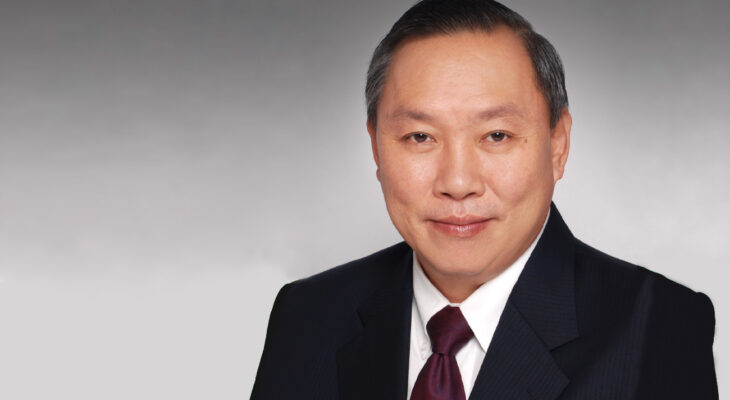
Lim Hock Chee: Banking on the human touch
Sheng Siong’s CEO believes that people, not technology, drive innovation
In an era of e-commerce, cut-throat competition and high-tech solutions, Mr Lim Hock Chee makes no bones about what makes his supermarket empire great: People. “There’s only one factor to doing business successfully — our people,” says the Sheng Siong Group Chief Executive, 58, who was named Businessman of the Year at the Singapore Business Awards (SBA) in March 2019.
Given this belief, the entrepreneur stresses the importance of nurturing his 2,800-strong staff. He draws a blue card out of his pocket: a little corporate pamphlet given to all staff members with inspirational slogans, such as: “Treat yourself sincerely, and be grateful for all things” and “Love yourself”. He adds, “When they arrive, we are like a school — we train them. We have a road map for their career and development.” He is also in the process of setting up a retirement fund for selected long-serving staff members who have performed well — which will come out of his pocket and those of his brothers.
Earlier this year, Sheng Siong posted a 5.9 per cent rise in net profit to S$19.4 million for the first quarter of 2019, on the back of new stores and higher revenue. Its subsidiary in China, with one supermarket in Kunming since 2017, broke even in the same quarter. A second outlet is planned for the Chinese city this year, while three more opened last month in Singapore.
The man at the helm of 57 stores talks to BizQ about his philosophy, plans and keeping up with the times.
The retail industry is expected to remain competitive. In fact, many Singapore supermarkets have recently cut their prices. How will you face future challenges?
It’s always been competitive. We compete by making sure our products, service and prices are good. The thing about Sheng Siong is that we don’t have a specific loyalty programme, but we have tie-ups with various banks, which offer rebate as a form of loyalty reward. And it’s been working very well for us.
E-commerce has taken off here. What keeps customers coming back to your brick-and-mortar stores?
E-commerce works for non-perishables, but for fresh produce like ours, it’s a bit harder. We’re not like China, where there are massive numbers of delivery people to ensure logistics run smoothly. So e-commerce is not likely to happen in a big way for supermarkets, for the time being.
Sheng Siong currently services about 200 B2C customers daily, using our own delivery manpower. To be honest, it’s not very profitable. In the past, we would deliver groceries for free with $70 purchase, but it was at a loss — so we raised the minimum purchase to $100. People think that if you push the technology, they will make money. They don’t realise that the profit margins are not there. We’re not going to develop our web business in a big way.
What are some tech innovations you’ve introduced to modernise the business?
Technology exists to simplify jobs, so there’s less stress. For example, with our hybrid self-checkout machines, our cashiers don’t have to calculate money or dispense change — they can concentrate on serving the customer, helping them bag their purchases and complete the transaction.
Years ago, one cashier’s kid wrote a letter to me to say that his mother had to spend one hour after every shift to tally up the receipts, and it was an hour taken from spending time with him. At the time, I was really bothered, because there was no solution. So when the cash-collection machine came out, I was very happy.
How can Singapore succeed in becoming a cashless society?
I sit on the Monetary Authority of Singapore (MAS) Payments Council to look at making e-payments seamless and easy in Singapore. Right now, we are 50-50, between cash and credit cards. Banks here are cautious because they don’t want people to overdraw their accounts. I’m toying with the idea of something called a Global E-Voucher, or GEV, where people can create their own e-vouchers and bar codes, and the GEV acts as a standard to make sure there is no conflict. That way, people can issue their own codes for goods, discounts and even inter-business exchange.
What are the challenges you face when pushing through new ideas?
You need to slowly refine your ideas. Things are not done in a day. For example, when self-checkout systems came out about four years ago, the test machines we had from Switzerland were too sensitive and slow to recognise cash. So we looked around some more and got better machines from Japan.
Any future plans for expansion?
I’d like to expand further throughout Yunnan, where our current store in China is located. We now have one supermarket in the capital Kunming, with another one opening in July. It’ll be good to have 10 to 20, so we can have economies of scale and purchase in bulk. For that, we’ll need a distribution centre. Goods are harder to get in China, because the factories are not so plentiful and are further away. If we had a distribution centre, it would ensure our supply chain would not break.
What’s the biggest advantage a Singaporean company has in doing business?
Honesty. We are trustworthy.


